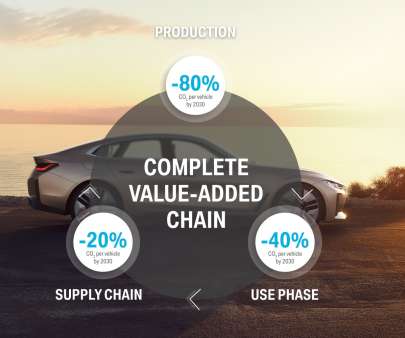Industry study finds lead-acid to remain most wide-spread automotive energy storage for foreseeable future; new chemistries continue to grow
Green Car Congress
MAY 28, 2014
In order to optimise fuel efficiency improvements in each vehicle type, automobile manufacturers need the flexibility to choose the most appropriate batteries from a technical and economic perspective. Overview of the three vehicle classes identified in the study, and their corresponding battery technologies. Click to enlarge.










Let's personalize your content